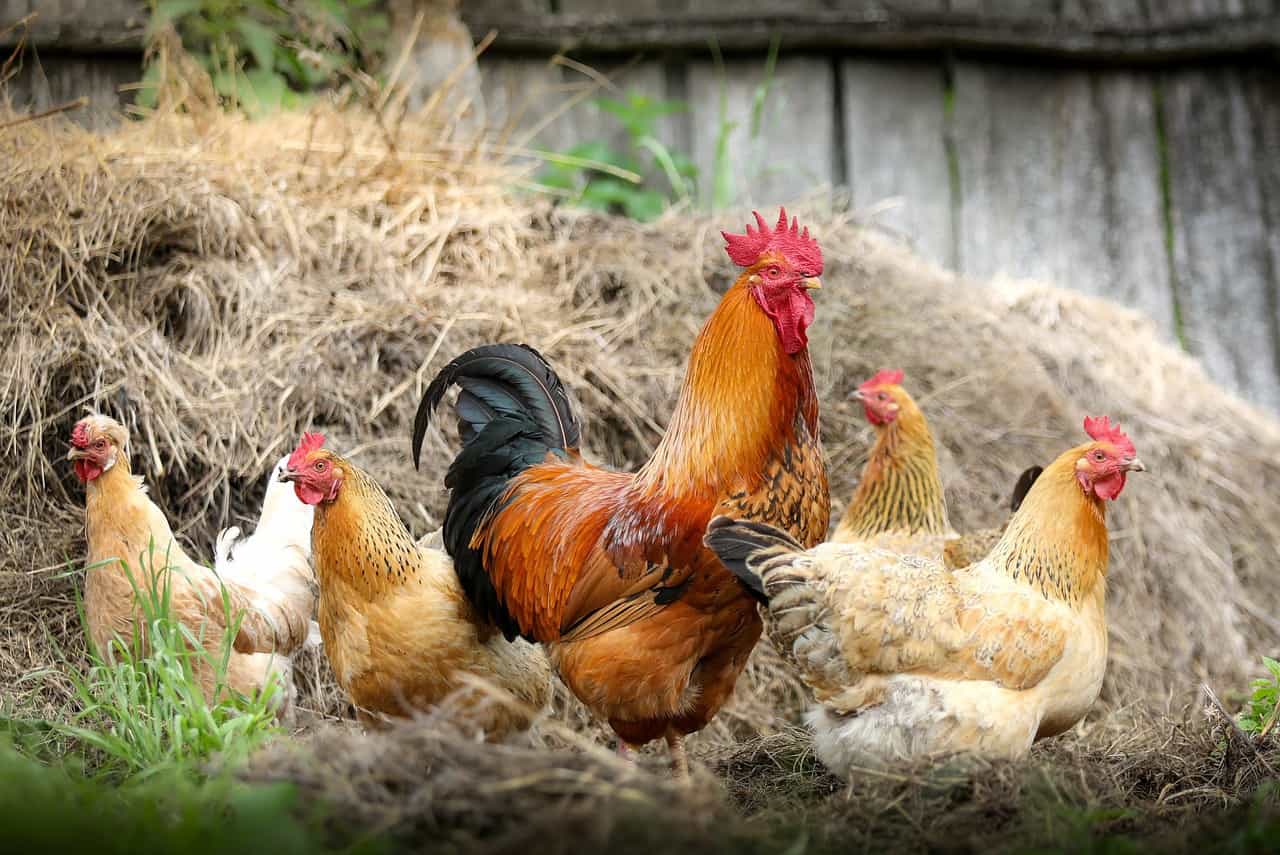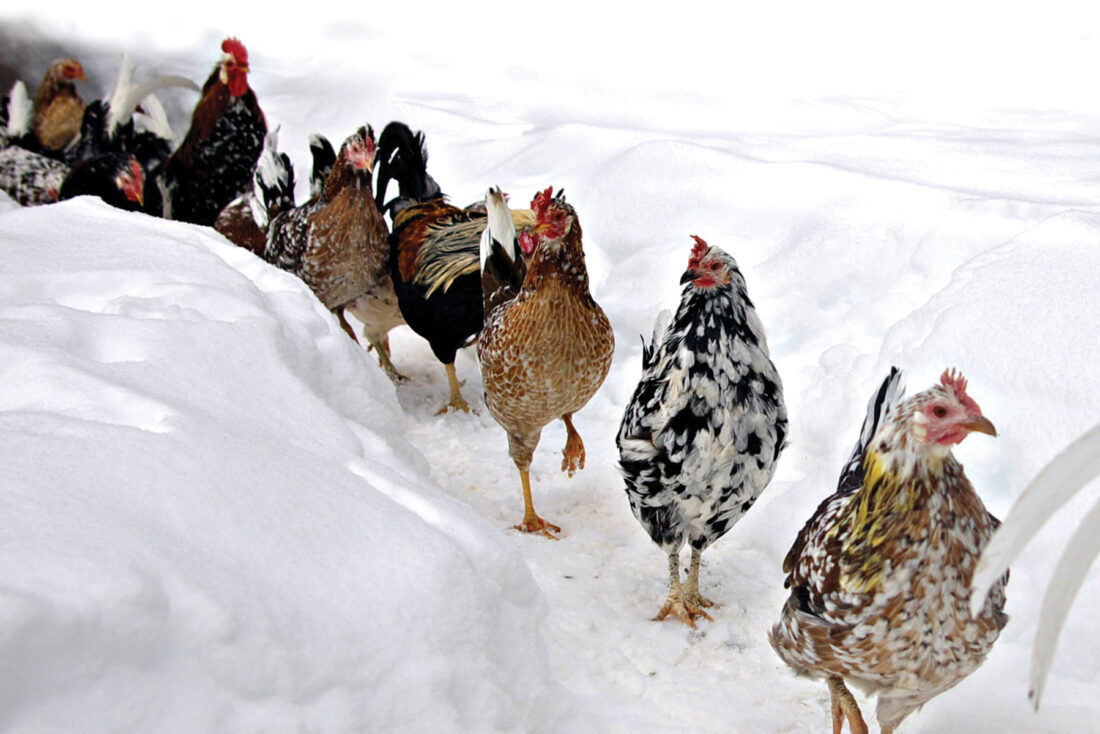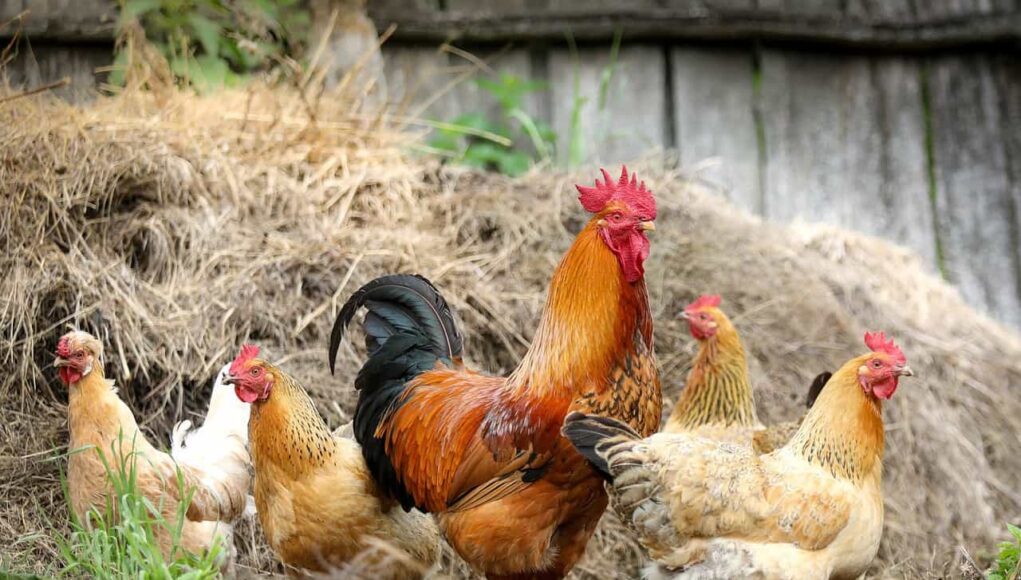When it comes to egg production, egg farms primarily rely on specific breeds of chickens that are known for their exceptional laying capabilities. You might be curious to know, what breed of chicken do egg farms use? In this article, we will dive into the fascinating world of egg farms and explore the aviary technologic marvels that ensure we have a steady supply of eggs on our tables.

Introduction to Chicken Breeds for Egg Production
The choice of chicken breeds for egg production is a critical decision for egg farms. They need breeds that can consistently produce a high volume of eggs without compromising on the quality. Among these, the most commonly used breeds are the White Leghorn and the Rhode Island Red.
The White Leghorn
The White Leghorn is renowned for its remarkable egg-laying abilities. This breed can produce over 300 eggs per year, making it a top choice for commercial egg farms.
The Rhode Island Red
Another popular breed is the Rhode Island Red. Known for its excellent productivity and resilience, this breed is highly favored by small and large-scale egg producers alike.

Other Notable Breeds
Plymouth Rock
The Plymouth Rock is known for both its egg-laying efficiency and meat quality. While not as prolific as the White Leghorn, it is still a reliable choice for egg farms.
ISA Brown
The ISA Brown is a hybrid breed developed for superior egg production. It boasts an incredible laying capacity, often averaging over 300 eggs annually.

Breeding Techniques and Technological Advancements
Modern egg farms employ a variety of advanced breeding techniques to ensure optimal egg production. Genetic selection plays a crucial role in enhancing the productivity of their flocks.
Genetic Selection
Through careful genetic selection, farmers can focus on traits such as egg size, shell quality, and the number of eggs produced per hen.
Feeding Practices
The diet of egg-laying hens is meticulously planned to ensure they receive the necessary nutrients. This includes a balance of proteins, vitamins, and minerals that enhance their laying capabilities.

Housing and Care
Proper housing and care are essential for the welfare and productivity of egg-laying hens. Modern egg farms use innovative technologies to provide a comfortable and safe environment for their flocks.
Automated Feeding Systems
These systems ensure that hens have continuous access to fresh feed and water, reducing stress and promoting consistent egg production.
Climate Control
Advanced climate control systems help maintain optimal temperature and humidity levels in the henhouses, creating a conducive environment for egg-laying.
Health Monitoring
Regular health check-ups and the use of monitoring technologies help in early detection and prevention of diseases, thereby ensuring the well-being of the hens.
Challenges in Egg Farming
Despite advanced technology, egg farmers face several challenges, such as dealing with diseases, managing waste, and maintaining the overall health of their flocks.
Disease Management
Effective disease management practices, including vaccination and biosecurity measures, are crucial for the sustainability of egg farms.
Waste Management
Proper waste management practices help in minimizing environmental impact and maintaining cleanliness within the farms.
Future of Egg Production
The future of egg production is poised to see tremendous advancements. With ongoing research and development, we can expect even more efficient and sustainable practices in the years to come.
Conclusion
Understanding what breed of chicken egg farms use provides insights into the meticulous planning and technology that go into egg production. The popular breeds, such as the White Leghorn and Rhode Island Red, along with advanced breeding techniques and care practices, ensure a steady supply of eggs to meet global demand. As we look to the future, the egg farming industry is set to witness exciting innovations that will continue to reshape the landscape of egg production.
Frequently Asked Questions (FAQs)
1. Why are White Leghorns preferred for egg production?
White Leghorns are preferred for their high egg-laying capacity, producing over 300 eggs per year, and their adaptability to various environments.
2. What other breeds are common in egg farms?
Besides White Leghorns and Rhode Island Reds, breeds like Plymouth Rock and ISA Brown are also commonly used due to their consistent egg production.
3. How do egg farms ensure the health of their chickens?
Egg farms use various methods like advanced health monitoring systems, proper feeding practices, and regular health check-ups to maintain the well-being of their chickens.
As an Amazon Associate, I earn from qualifying purchases.









